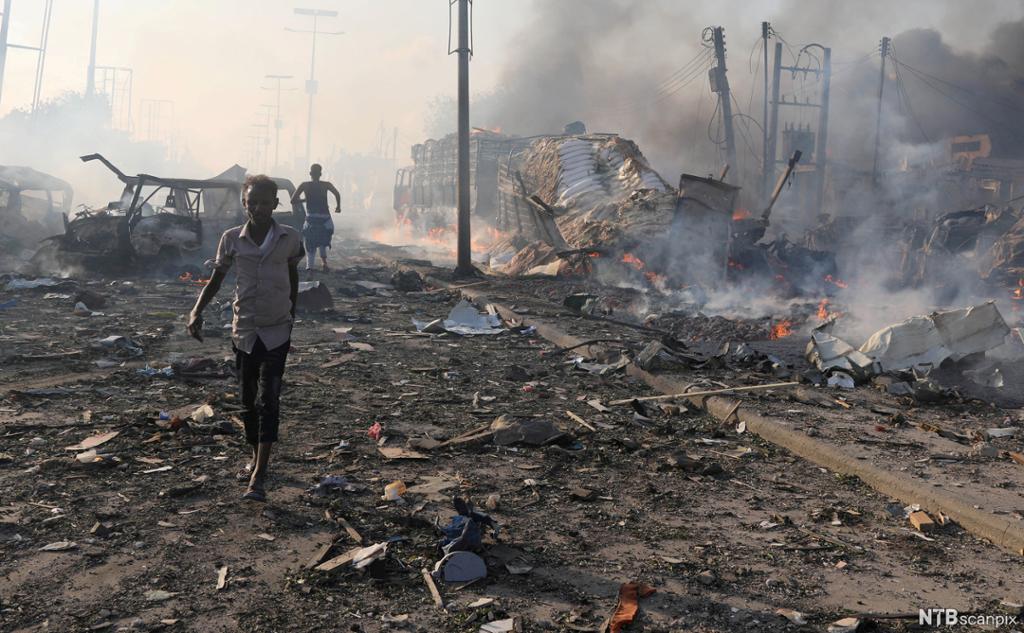Tasks: Working with International Conflicts

As you work with various internet sources you need to assess their credibility. Here are some useful questions that may help you do this:
- What is the agenda of the web site?
- Who owns the web-site?
- Is the information up to date?
- Are the sources used in articles listed or not?
- Does the site offer a broad variety of views on an issue?
- Link to Human Rights Watch website.
- Link to Amnesty International website.
- Link to list of military conflicts on Wikipedia.
- Link to website for UN Peacekeeping Operations.
- Link to World Atlas Website: The Most Dangerous Borders in the World (2019) .
- Link to Crisis Group's website: 10 Conflicts to Watch in 2020
Choose an on-going conflict and make a presentation, basing your content on the questions below. You will also find a vocabulary list that you may find useful.
Questions
- Who are involved in the conflict?
- In which area of the world is this conflict occurring and how long has it been going on?
- Are the involved parties countries or independent organisations/groups?
- Explain what the conflict is about (natural resources, borders, religion, minorities, ideology, politics). Remember, there is almost always more than one cause.
- Are any of the involved parties democratic?
- Do major powers, such as China, the USA, or Russia, have interests in the area?
- Is the conflict hot (armed conflict) or cold?
- Is terrorism being used as a weapon in the conflict?
- Has the UN or other international organisations been involved in mediating the conflict?
- How are civilians affected by the conflict?
- What are some of the concessions that would reduce the conflict? (border regulations, cultural rights, democratic rights, rights to protest)
- What is your view on the conflict?
You may find some of these words useful for your presentation
Interstate conflict
Civil war / Intrastate conflict
Ethnic conflict
Ethnic group
Conflict of interest
Conflict of values
Militia
Non-state actors
International security policy
Terrorism
Conventional weapons
Weapons of mass destruction
Disarmament / Nuclear disarmament
Casualty of war
Internally displaced people
Refugees
Humanitarian aid
Humanitarian crisis
Genocide
Persecution
NATO
UN
UNHCR (UN refugee program)
UN General Assembly
UN Peacekeeping
Intergovernmental organisations (IGOs)
Non-governmental organisations (NGOs)
Resolution
Diplomacy